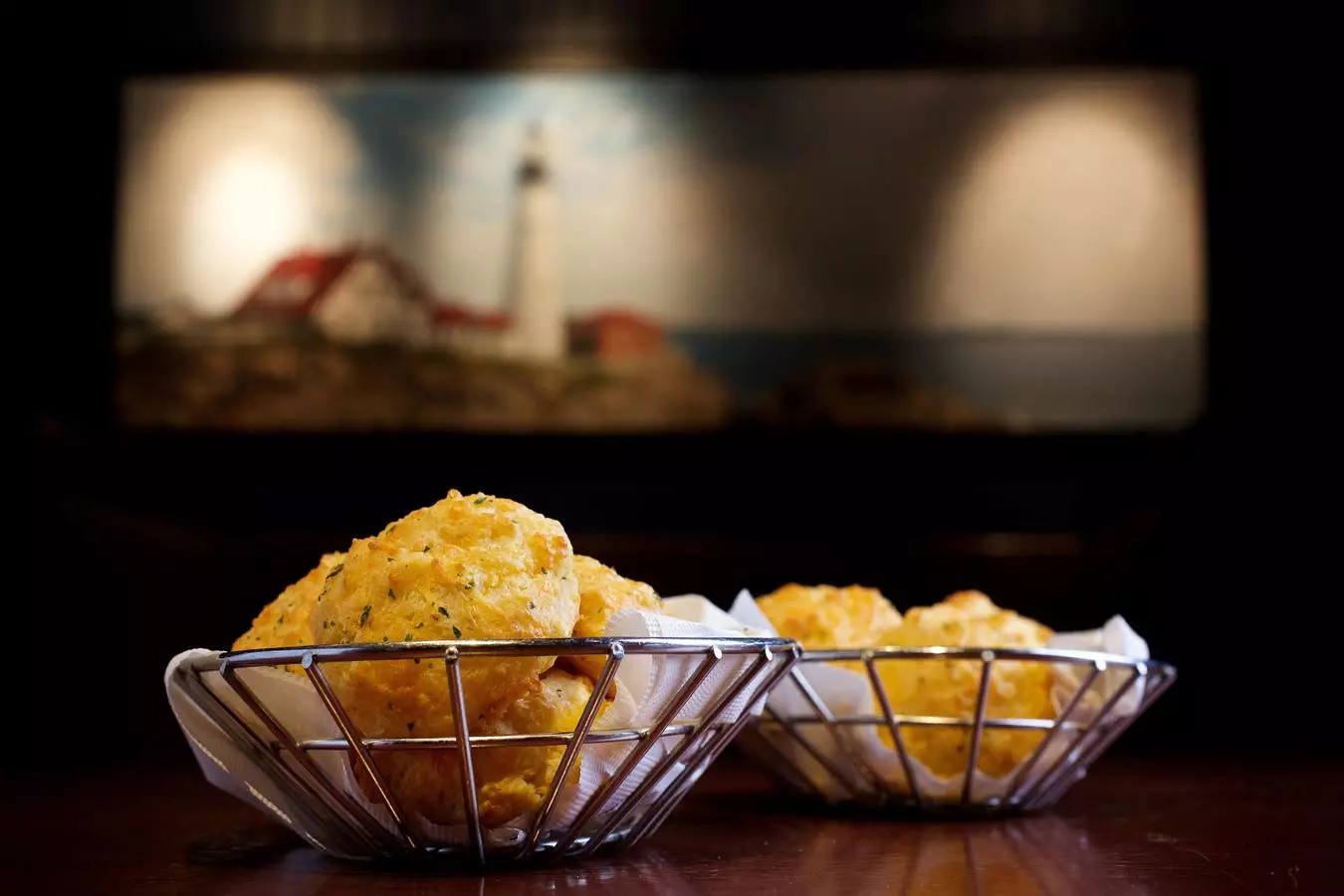Once a cornerstone of Black American dining traditions, Red Lobster has long held a nostalgic and cultural resonance among many communities. For generations born before 1990, it was more than just a seafood restaurant—an emblem of celebration, community, and shared memories. Its presence in popular culture, notably as a mention in Beyoncé’s 2016 anthem “Formation,” attested to its iconic status within Black American culture. But as the digital age and shifting consumer habits reshaped the restaurant industry, Red Lobster’s relevance waned, culminating in Bankruptcy in 2024. Now, with a renewed focus, the brand seeks to reclaim its place in both culture and commerce through strategic leadership and community engagement.
Red Lobster’s saga exemplifies a broader narrative faced by legacy brands: the challenge of staying relevant amid an evolving societal landscape that demands authenticity, inclusivity, and innovation. The company’s efforts to leverage its historical connection and modernize its outreach are not mere marketing tactics but vital steps toward cultural reclamation. By anchoring its revival in genuine relationships with Black consumers, Red Lobster attempts to transform from a nostalgic relic into a contemporary symbol of progress and inclusivity. Its journey underscores the importance of understanding cultural significance beyond surface-level gestures, prioritizing meaningful engagement over tokenism.
Leadership with Purpose: Damola Adamolekun’s Role in Red Lobster’s Reinvention
At the heart of Red Lobster’s resurgence is Damola Adamolekun, a Nigerian-American entering as CEO amid a critical turnaround phase. His previous tenure at P.F. Chang’s showcased his capacity to spearhead transformation within struggling brands, emphasizing innovation, elevated dining options, and targeted marketing. His appointment signals a deliberate effort to infuse the iconic chain with fresh energy and strategic vision rooted in cultural understanding.
Adamolekun’s approach is distinctively personal and culturally aware. His participation in high-profile interviews, such as on The Breakfast Club—by far one of the most influential hip-hop podcasts—places him directly within the cultural conversation among Black millennials and Gen Z. His openness about his own childhood visits to Red Lobster and his identity as a Nigerian-American creates an authentic bridge to Black consumers who see in him a relatable figure—a leader who not only understands their tastes but also values their heritage.
This strategy marks a shift from traditional corporate messaging to a more nuanced, identity-driven narrative. Adamolekun’s presence in commercials, where he is depicted not just as an executive but as an individual with his own story, fosters a sense of trust and relatability. It suggests that the “change” the brand promotes isn’t superficial but rooted in genuine acknowledgment of its roots and commitment to evolving with its community.
Rekindling Cultural Bonds through Strategic Partnerships
Red Lobster’s efforts extend beyond leadership to meaningful collaborations that reflect its commitment to cultural diversity. Partnering with entities like ESPN’s Band of the Year competition and supporting HBCU (Historically Black Colleges and Universities) showcases an understanding of community pride and cultural expression. Celebrating the talents of Black college marching bands, which serve as cultural ambassadors, aligns with the brand’s desire to foster authentic connections.
The sponsorship of HBCUs emphasizes the importance of recognizing and supporting Black excellence in a way that transcends surface-level sponsorships. It demonstrates a commitment to celebrating history, talent, and cultural identity—values that resonate deeply with Black consumers. Similarly, collaborations with athletes like Angel Reese of the Chicago Sky are strategic moves that tie the brand to contemporary cultural icons and moments of shared celebration. The Red Carpet Hospitality initiative further elevates the customer experience, blending entertainment, community engagement, and upscale service.
Such partnerships embody a broader strategic intention: positioning Red Lobster as a contemporary, culturally attuned brand that values and elevates Black stories while offering a familiar, trusted experience. It’s an attempt to build sustainable relationships rooted in mutual respect and shared cultural pride, moving beyond surface-level gestures toward genuine engagement.
The Challenge of Authentic Relevance in a Crowded Market
Despite these strategic moves, the true test lies in whether consumers see Red Lobster’s efforts as authentic and rooted in real change. In today’s marketplace, superficial gestures are often met with skepticism; communities demand more than lip service—they want brands to demonstrate ongoing commitment through actions. Red Lobster’s rebrand strives to strike this delicate balance: honoring its legacy while embracing contemporary values.
The question remains whether operational improvements, marketing campaigns, and high-profile partnerships can translate into renewed loyalty. For many Black consumers, a brand’s cultural engagement must be consistent and long-term rather than episodic. The challenge is convincing a historically beloved but currently struggling chain that it genuinely values their community—not just as a marketing target but as a vital part of its identity. Efforts like featuring Adamolekun prominently in branding, sponsoring culturally significant events, and supporting Black athletes are positive steps, but their sincerity must be evident in the restaurant’s day-to-day operations and customer experience.
Ultimately, Red Lobster’s revival hinges on its ability to move beyond performative activism and foster a deeper, more consistent relationship with Black consumers. This involves genuine reflection on its historical significance, ongoing cultural sensitivity, and a commitment to creating spaces where community stories are not only amplified but genuinely honored. Only then can the brand transition from a nostalgic icon to a vibrant, culturally resonant leader in the evolving landscape of American dining.


Leave a Reply